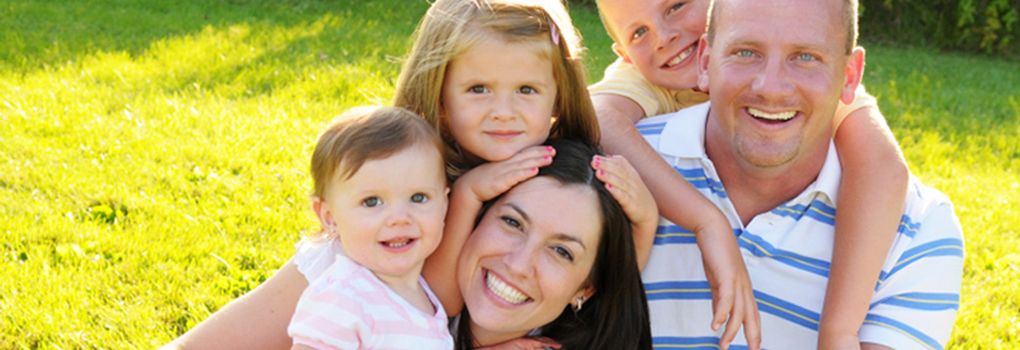As you age, natural body changes make you more susceptible to certain health challenges. This is also true when it comes to your dental health; it’s important to be aware of these changes, whether it’s you or a loved one going through them. Here are some oral health considerations to keep in mind if you or your parent or other relative is past middle age.
It might become harder to brush and floss.
If you develop arthritis in your hands, wrists or fingers, your manual dexterity might be reduced to the point where it is hard to brush and floss. Not brushing effectively can put you at risk for developing extensive dental decay. This risk can be mitigated by using products designed to make brushing and flossing easier. For example, an electric toothbrush requires less dexterity than a regular toothbrush, and a water pik flossing system, particularly if combined with a dentist-recommended mouthwash, can become a fairly effective substitute for flossing. Talk to your dentist about any challenges you are having when it comes to using your hands and fingers to care for your teeth, as he or she will likely have good suggestions for you.
Medications can impact your oral health.
Many people find that their list of needed medications grows as they head into their 60s, 70s and beyond. Medications such as neuropathy medications, some antibiotics, chemotherapy and others can decrease salivary flow, which, in turn, can cause or exacerbate tooth decay and gum disease. Sipping water frequently, sucking on sugar-free lozenges and brushing and flossing more often can help you cope with these side effects. Let your physician know if you are experiencing dry mouth symptoms, but do not stop taking any prescribed medications without the express advice of your doctor to do so.
Bone loss and gum recession becomes more common.
It’s not uncommon for those entering the golden years to experience gum recession and some bone loss. Even with excellent dental care, these problems can occur as a part of the natural aging process. It’s important to see your dentist regularly to address these problems and, if necessary, treat them. Mild recession and bone loss does not have to mean that you will lose your natural teeth, but if you do lose one or more, work with your dentist on a plan to have them replaced with implants or bridgework.
As you age, you might need to see the dentist or hygienist more often. There is no reason why you can’t have a happy, healthy smile, however; advances in modern dentistry have made it possible for the elderly to keep many of their natural teeth and to have natural-looking alternatives placed if and when necessary. Speak to your dentist about your concerns pertaining to aging and your dental health.













